Cosplayers: people who are close but not close
Kosupure (or cosplay) is a combination of 'costume' and 'play' and is the practice of expressing the fans through the dressing of fictional characters from various media, especially anime, manga and games. It has been seen in Japan as a subgenre of the otaku subculture, which describes people who are fans and consumers of various media, but mostly related to consumers of "useless" as the anime, manga and games (Grassmuck 1990). There is a discussion about whether it started with cosplay costumes role playing in the U.S. in the 60's and brought to Japan, or whether it was important to Japan, along with the practice of anime and manga fan clubs (Winge 2006). Either way, it is now common practice in Japan, especially among young female otaku, as 22 years, Reiko (for the purpose of anonymity is not his real name). This essay will analyze the participation within the community Reiko cosplay, their consumption practices, how it fits in your social life, and how it contributes to their identity.
Reiko One would not expect to be more than half Japanese girl, but she is an avid cosplayer who was interested in cosplay for the first time at age 17 when he went to his first event doujinshi (self-published fan comics). She said she was interested in doujinshi before and when he went to his first event in Osaka was a group of people doing cosplay. "I thought it looked cool and wanted to try" but it was not until a year later at age 18 when I was in college and was able to try to cosplay for the first time. His interest in doujinshi and cosplay developed on their own, but when it came to the University was able to go to cosplay events for the first time with a group of friends. These friends of the university have now ceased to cosplay, but she has formed a new group of friends through cosplay cosplay community.
Cosplay Reiko decides what to do based on their favorite characters from anime, manga and games, but if a friend wants to do a cosplay group (all characters of the same program or game), then we will. She and her friend's interest in the latest anime, manga and games is the fuel for your creative cosplay passion. He said that like many cosplayers, you normally purchase your cosplay and then adjusted to suit your body shape. Normally spend about 8000 yen in individual cosplay costume, wig and accessories. I asked him if he had bought a new cosplay ever, "Sometimes, but I use the same cosplay favorite. There are people who buy cosplay again each time, but I do not." Apart from the purchase of anime, manga and games fuel your love for cosplay, and cosplay itself, Reiko also invests time and money on diet products, the skin, but more importantly, saving money from their work to part-time, which is based on the events of the weekend.
Cosplay Reiko go about three times a month, usually in "ATC", a shopping store in Osaka, organized weekly events cosplay. Normally there are normal people who shop at the store, so often looked much. The cosplayers are going to have photo shoots that are thrown in and out of the building itself, but not enough to go to take photos as memories. What I found particularly interesting was how they interact cosplayers at events like these: Reiko told me that a cosplayer will meishi, a business card with their "cos-name", photo, email address and web site cosplay, people use these cards etcLas to find the cosplayer and photographer in places like a National Health System (Social Network Service) and are normally kept in touch through the Internet and sites like these. "You can do a lot of friends," but when asked if she was close friends with cosplay said: "Hmm, something like that. Names of real life, home, contact details and personal information usually do not know. " To keep your identity is a social taboo to order or provide personal information as a result Reiko know people by their "cos-names and characters, and is close to them as cosplayers, but outside events and community Cosplay she knows nothing about them. Cosplayers who gather in cosplay event not normally meet outside. There is anonymity in cosplay circles due to its links with the image of otaku, which is usually perceived as very strange, and has very negative connotations associated with it (Grassmuck 1990), not only that, but people prefer maintain their normal and separate lives cosplay for fear of what their friends and family may think of them.
Reiko is an unusual case, I think. She uses a cos-name, but it is the same as his real life name, but she uses different kanji so that when people say that his name not be confused. Not only that, but most of his friends and family know cosplays. I asked what she thought her family and she said that at first I thought it was strange, but is now normal. The only people who do not know who are your friends from high school, before I started cosplay. When I tested it to see why not tell them she replied: "It would be worrying, embarrassing as it may think it's otaku and perhaps that image is bad characters."
Thinking about issues of identity figured I ask "how do cosplay of his identity" would give me a response Reiko she thinks that I wanted. Instead he asked, "If you never got into cosplay, do you think would be the same person?" He paused for a moment and replied: "Different, challenging different. When I do cosplay, I will. For example, when I cosplay and a man comes and asks me:" I can take a picture and very well done photos I do. . My level of increases in cosplay "pushed to the question that if she had never done cosplay then what would be doing now," I do not know ... but long ago I was also interested ... I can not think of not doing so. "So I asked him why cosplays: "At first I saw a lot of interesting people who made it, so I wanted to do it too. I like the characters when people are faced with change to become the characters is fun. When I see pictures is interesting and fun.'m Young and I have a lot of good photos when I'm young. When I grow up ... for now is a hobby, but it will be impossible to do when I grow up. "
From what I understood Cosplay Reiko gives her confidence in her image as a young woman. She is able to 'become' and at the same time create new character and 'new faces' through the actions of the characters that you like. Cosplay is a central aspect of his life that I can not imagine being without it. His part-time work fund his passion and it is expected that some events. No cosplay and just buy the necessary accessories, but also anime, manga and games that inspired his cosplay. She socializes with friends in real life who know that cosplays as well as with their online friends, who always make new ones through the introduction of events. Ironically, although it is near a lot of people who cosplay, is only about a cosplayer cosplayers them as none of them know who they are or how they are outside the world of cosplay. It is a practice that takes place outdoors with a lot of interaction between the cosplayers, but it's a closed circle where real identities are kept private. As Winge (2006) states that "the Japanese culture of the community over the individual values, exist as a subculture cosplayers outside the acceptable norms of the dominant culture ... [a] sa result, have a bad Japanese cosplayers reputation as a people. " Because of this discrimination, the areas of 'safe cosplay "as in official acts, such as those held in the ATC.




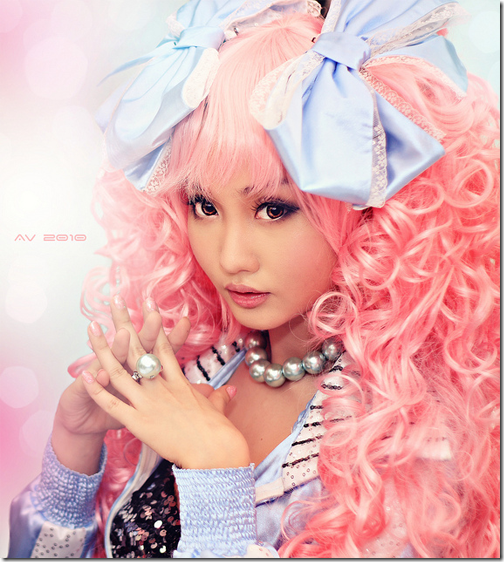

















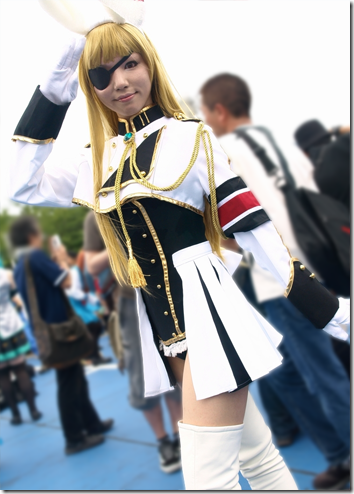
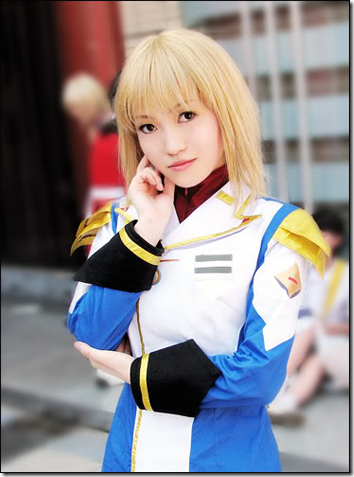



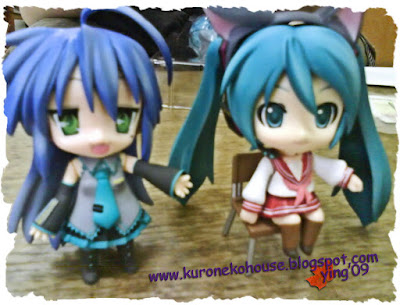
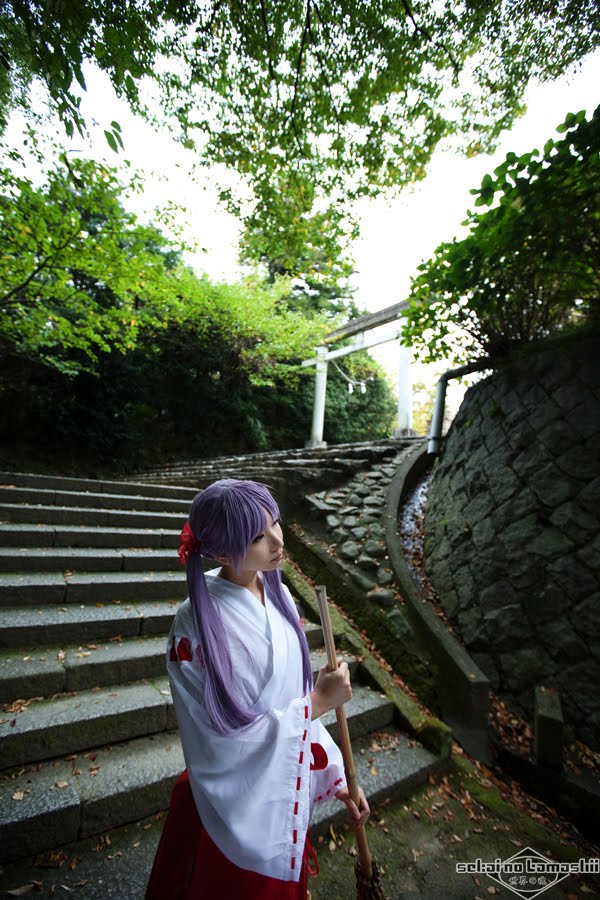




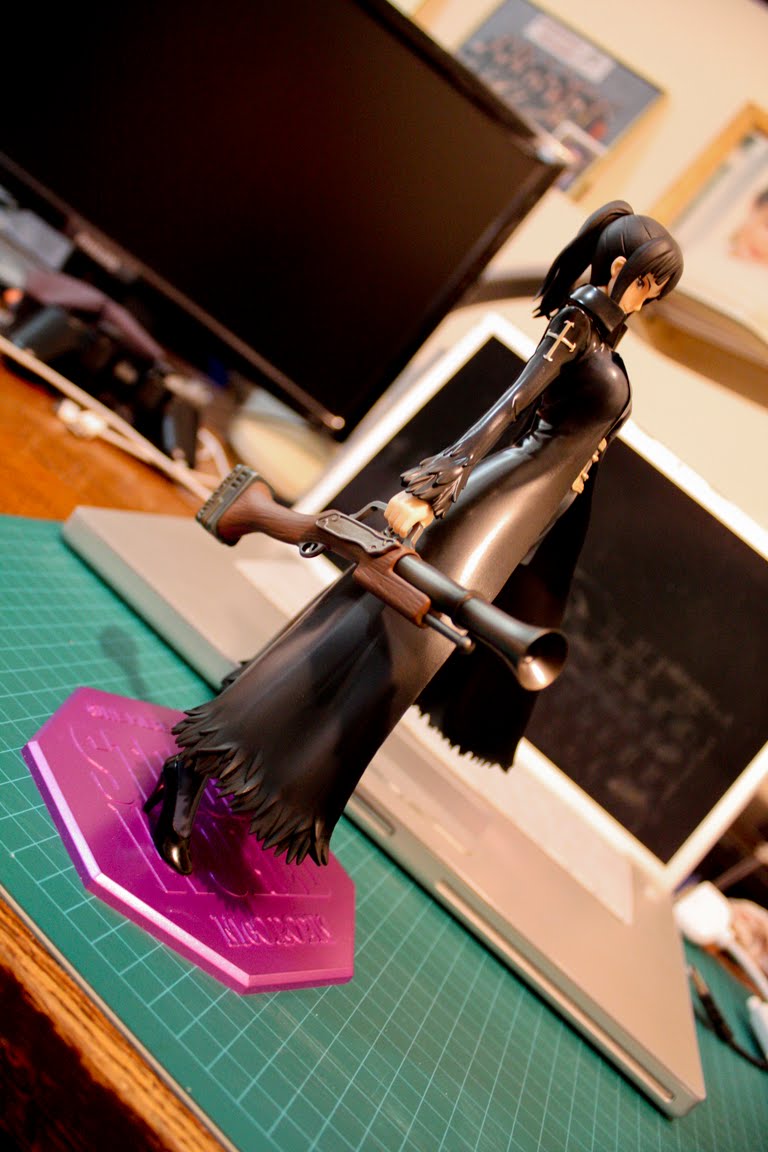
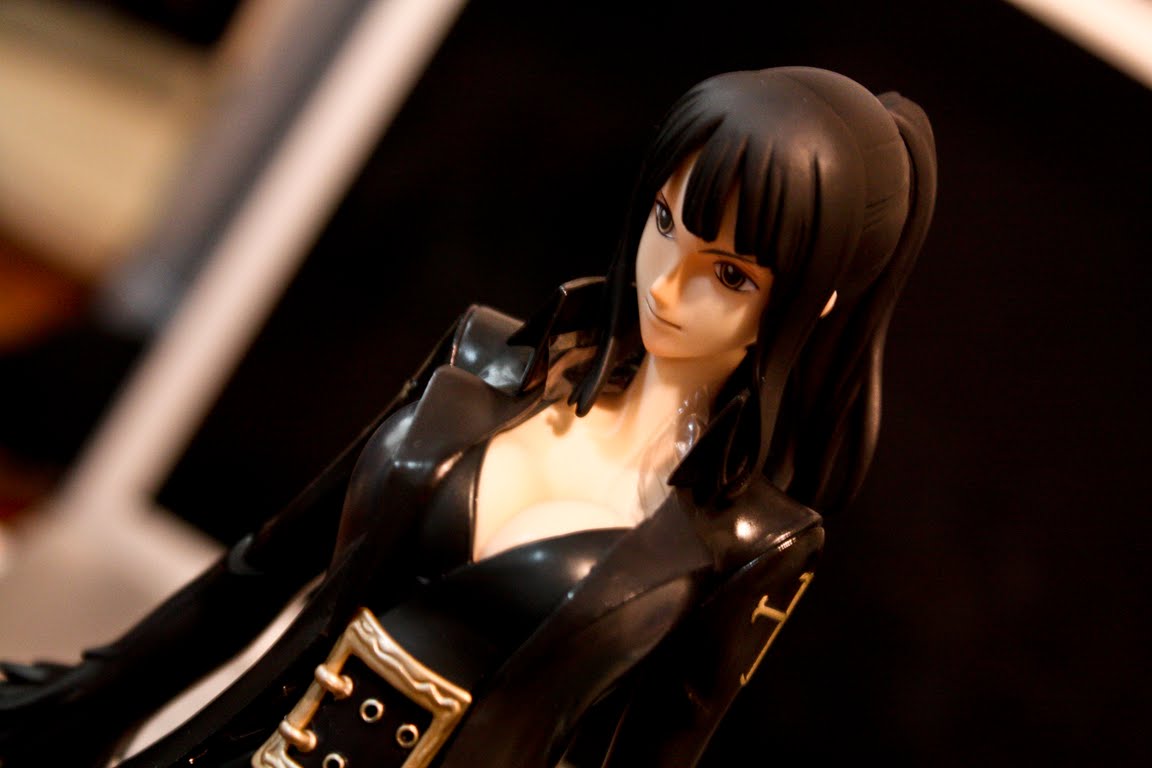










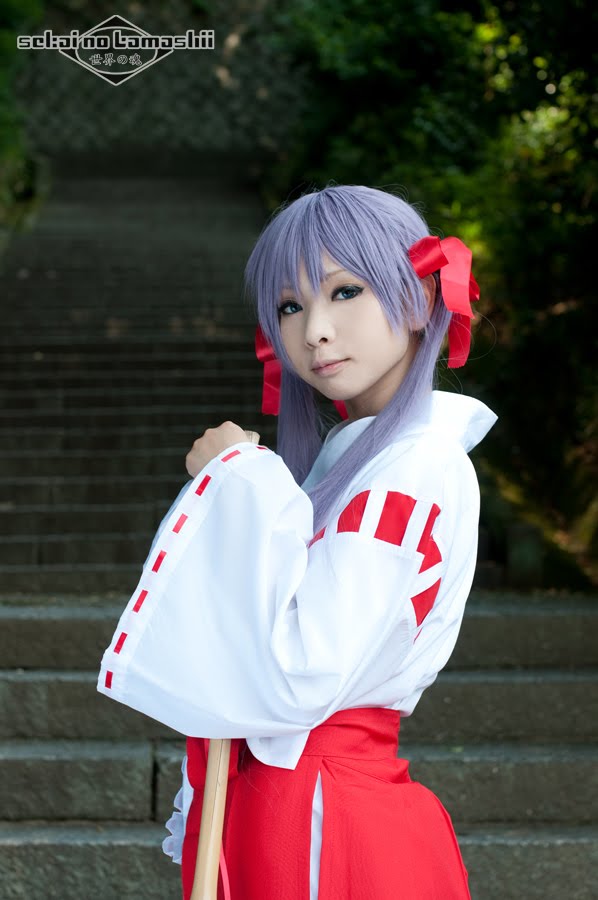

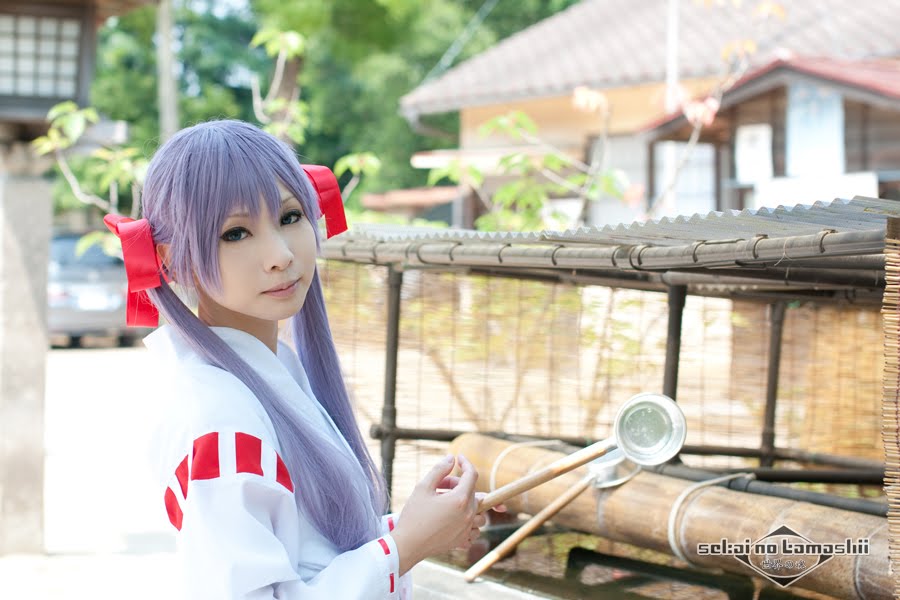


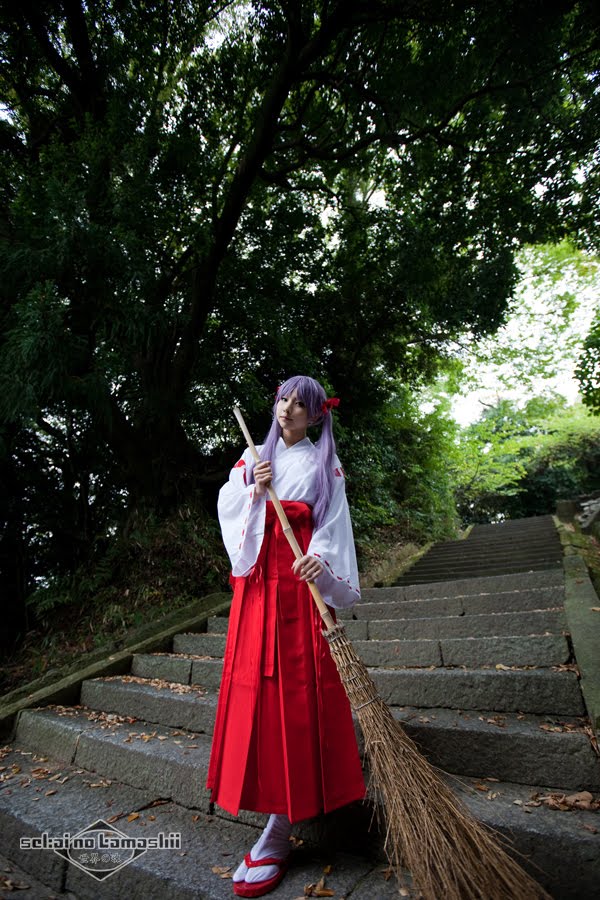

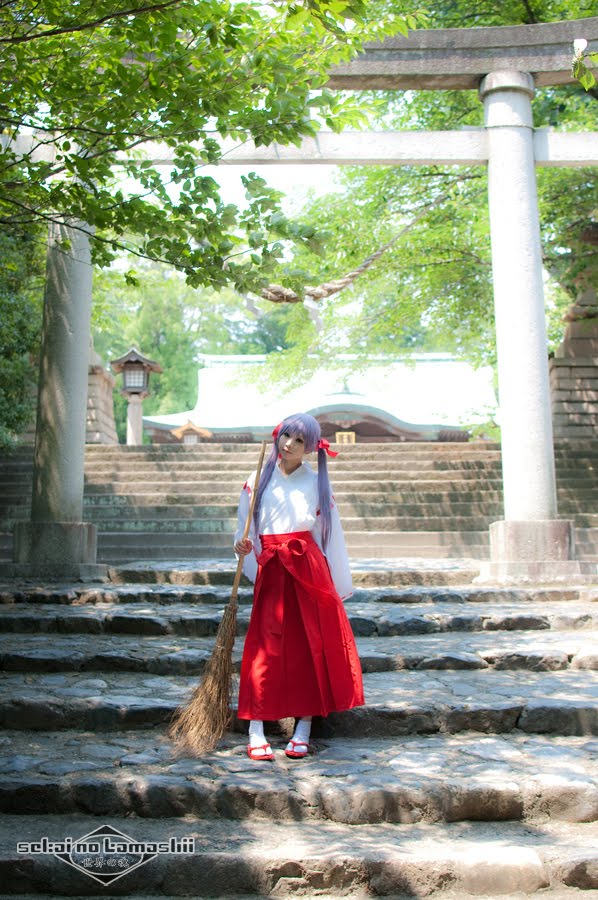

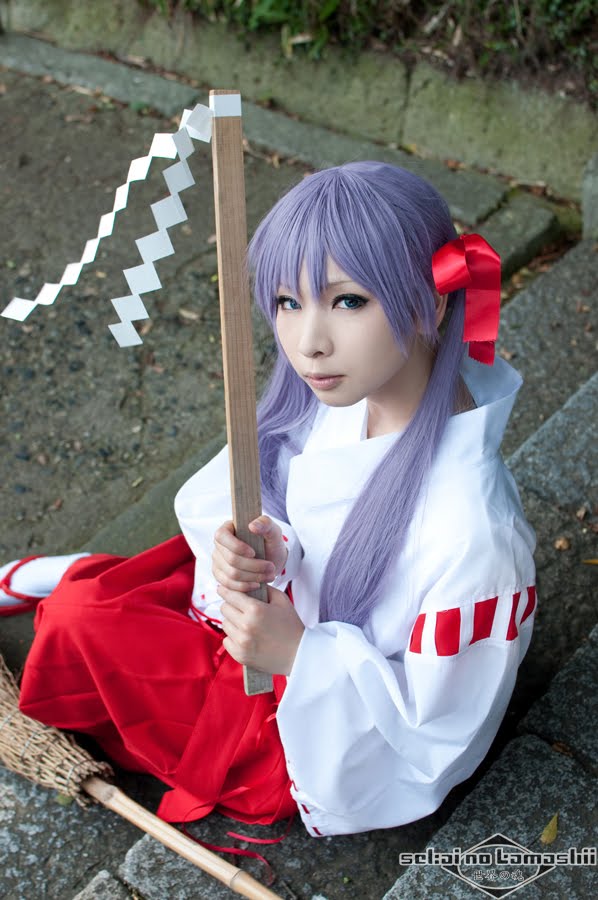

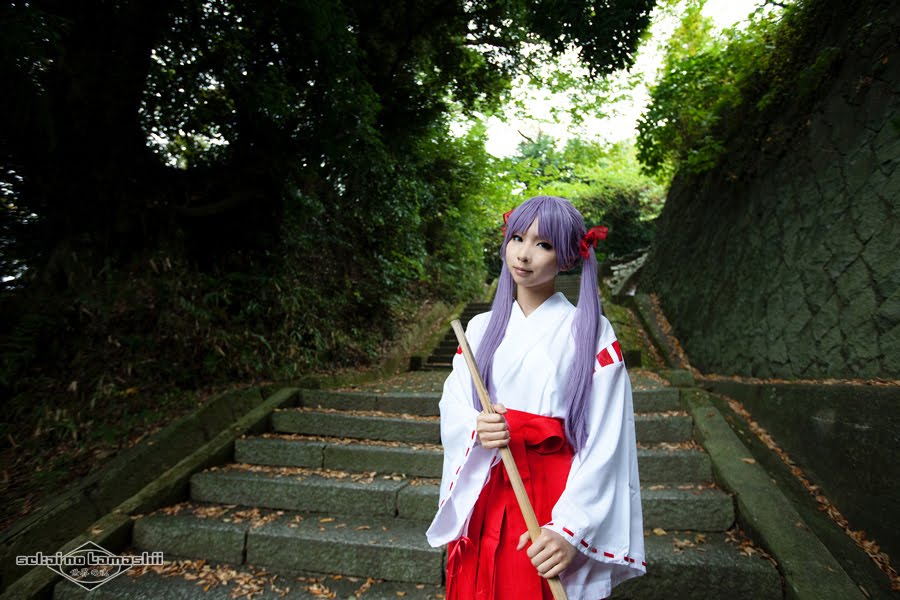




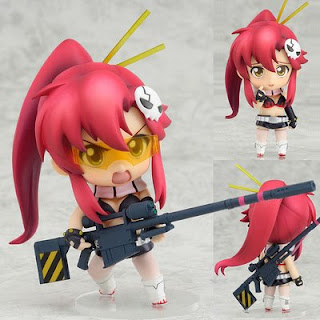

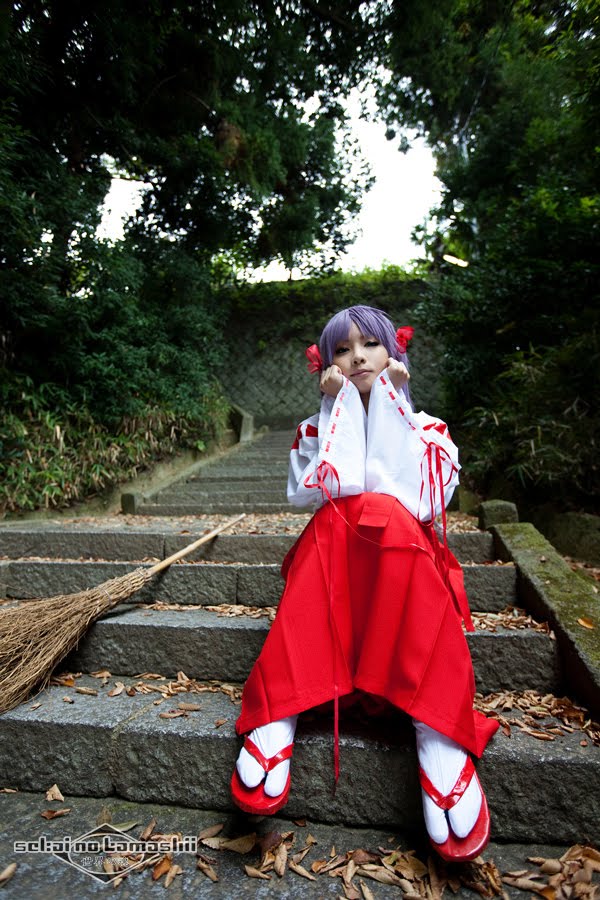
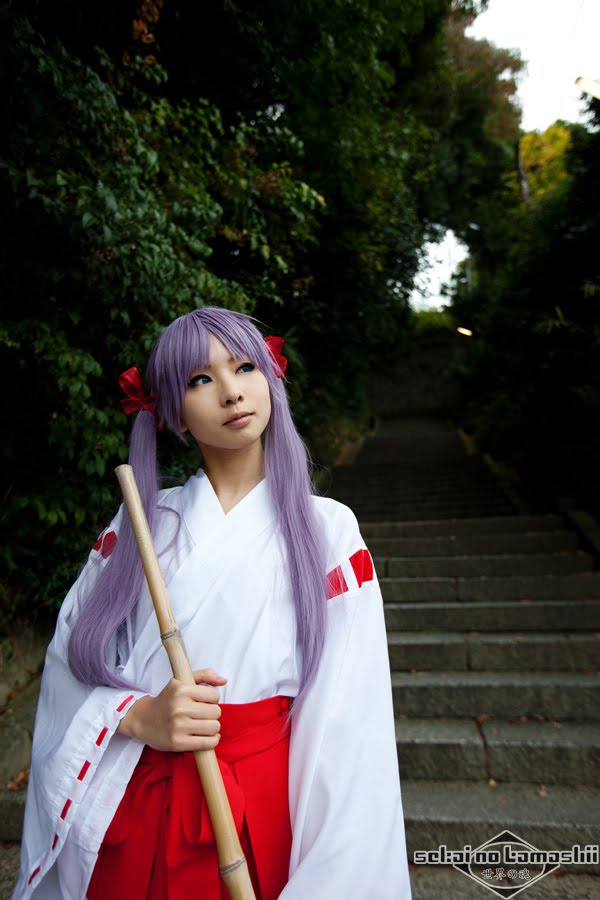
Kosupure (or cosplay) is a combination of 'costume' and 'play' and is the practice of expressing the fans through the dressing of fictional characters from various media, especially anime, manga and games. It has been seen in Japan as a subgenre of the otaku subculture, which describes people who are fans and consumers of various media, but mostly related to consumers of "useless" as the anime, manga and games (Grassmuck 1990). There is a discussion about whether it started with cosplay costumes role playing in the U.S. in the 60's and brought to Japan, or whether it was important to Japan, along with the practice of anime and manga fan clubs (Winge 2006). Either way, it is now common practice in Japan, especially among young female otaku, as 22 years, Reiko (for the purpose of anonymity is not his real name). This essay will analyze the participation within the community Reiko cosplay, their consumption practices, how it fits in your social life, and how it contributes to their identity.
Reiko One would not expect to be more than half Japanese girl, but she is an avid cosplayer who was interested in cosplay for the first time at age 17 when he went to his first event doujinshi (self-published fan comics). She said she was interested in doujinshi before and when he went to his first event in Osaka was a group of people doing cosplay. "I thought it looked cool and wanted to try" but it was not until a year later at age 18 when I was in college and was able to try to cosplay for the first time. His interest in doujinshi and cosplay developed on their own, but when it came to the University was able to go to cosplay events for the first time with a group of friends. These friends of the university have now ceased to cosplay, but she has formed a new group of friends through cosplay cosplay community.
Cosplay Reiko decides what to do based on their favorite characters from anime, manga and games, but if a friend wants to do a cosplay group (all characters of the same program or game), then we will. She and her friend's interest in the latest anime, manga and games is the fuel for your creative cosplay passion. He said that like many cosplayers, you normally purchase your cosplay and then adjusted to suit your body shape. Normally spend about 8000 yen in individual cosplay costume, wig and accessories. I asked him if he had bought a new cosplay ever, "Sometimes, but I use the same cosplay favorite. There are people who buy cosplay again each time, but I do not." Apart from the purchase of anime, manga and games fuel your love for cosplay, and cosplay itself, Reiko also invests time and money on diet products, the skin, but more importantly, saving money from their work to part-time, which is based on the events of the weekend.
Cosplay Reiko go about three times a month, usually in "ATC", a shopping store in Osaka, organized weekly events cosplay. Normally there are normal people who shop at the store, so often looked much. The cosplayers are going to have photo shoots that are thrown in and out of the building itself, but not enough to go to take photos as memories. What I found particularly interesting was how they interact cosplayers at events like these: Reiko told me that a cosplayer will meishi, a business card with their "cos-name", photo, email address and web site cosplay, people use these cards etcLas to find the cosplayer and photographer in places like a National Health System (Social Network Service) and are normally kept in touch through the Internet and sites like these. "You can do a lot of friends," but when asked if she was close friends with cosplay said: "Hmm, something like that. Names of real life, home, contact details and personal information usually do not know. " To keep your identity is a social taboo to order or provide personal information as a result Reiko know people by their "cos-names and characters, and is close to them as cosplayers, but outside events and community Cosplay she knows nothing about them. Cosplayers who gather in cosplay event not normally meet outside. There is anonymity in cosplay circles due to its links with the image of otaku, which is usually perceived as very strange, and has very negative connotations associated with it (Grassmuck 1990), not only that, but people prefer maintain their normal and separate lives cosplay for fear of what their friends and family may think of them.
Reiko is an unusual case, I think. She uses a cos-name, but it is the same as his real life name, but she uses different kanji so that when people say that his name not be confused. Not only that, but most of his friends and family know cosplays. I asked what she thought her family and she said that at first I thought it was strange, but is now normal. The only people who do not know who are your friends from high school, before I started cosplay. When I tested it to see why not tell them she replied: "It would be worrying, embarrassing as it may think it's otaku and perhaps that image is bad characters."
Thinking about issues of identity figured I ask "how do cosplay of his identity" would give me a response Reiko she thinks that I wanted. Instead he asked, "If you never got into cosplay, do you think would be the same person?" He paused for a moment and replied: "Different, challenging different. When I do cosplay, I will. For example, when I cosplay and a man comes and asks me:" I can take a picture and very well done photos I do. . My level of increases in cosplay "pushed to the question that if she had never done cosplay then what would be doing now," I do not know ... but long ago I was also interested ... I can not think of not doing so. "So I asked him why cosplays: "At first I saw a lot of interesting people who made it, so I wanted to do it too. I like the characters when people are faced with change to become the characters is fun. When I see pictures is interesting and fun.'m Young and I have a lot of good photos when I'm young. When I grow up ... for now is a hobby, but it will be impossible to do when I grow up. "
From what I understood Cosplay Reiko gives her confidence in her image as a young woman. She is able to 'become' and at the same time create new character and 'new faces' through the actions of the characters that you like. Cosplay is a central aspect of his life that I can not imagine being without it. His part-time work fund his passion and it is expected that some events. No cosplay and just buy the necessary accessories, but also anime, manga and games that inspired his cosplay. She socializes with friends in real life who know that cosplays as well as with their online friends, who always make new ones through the introduction of events. Ironically, although it is near a lot of people who cosplay, is only about a cosplayer cosplayers them as none of them know who they are or how they are outside the world of cosplay. It is a practice that takes place outdoors with a lot of interaction between the cosplayers, but it's a closed circle where real identities are kept private. As Winge (2006) states that "the Japanese culture of the community over the individual values, exist as a subculture cosplayers outside the acceptable norms of the dominant culture ... [a] sa result, have a bad Japanese cosplayers reputation as a people. " Because of this discrimination, the areas of 'safe cosplay "as in official acts, such as those held in the ATC.
















































Post Title
→Kagami Costume Cosplay
Post URL
→https://cool-cosplayercostume.blogspot.com/2011/10/kagami-costume-cosplay.html
Visit Cosplay Costume for Daily Updated Wedding Dresses Collection







